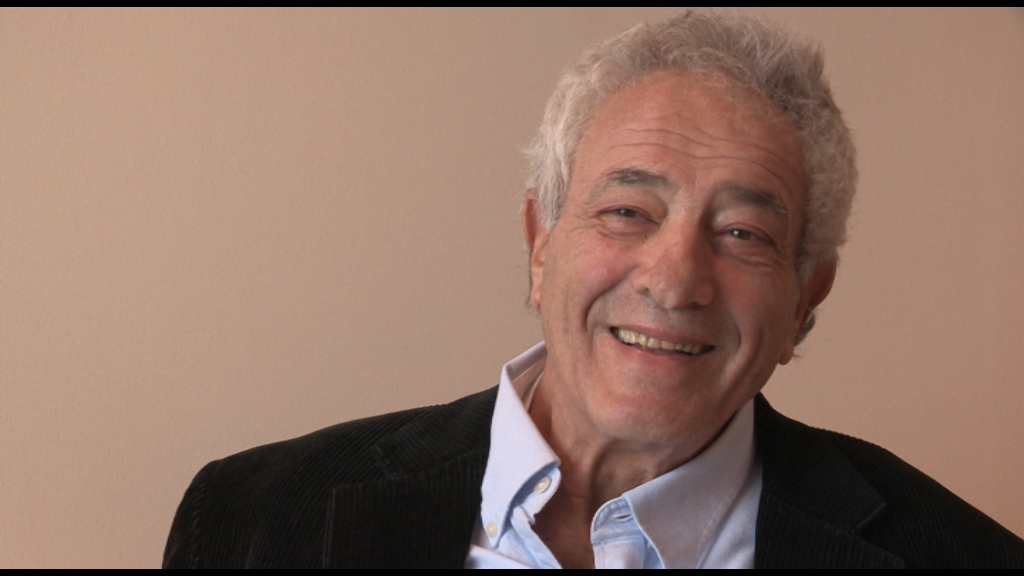NEXT STORY

Publishing The Far Pavilions
RELATED STORIES

NEXT STORY

Publishing The Far Pavilions
RELATED STORIES


|
Views | Duration | |
|---|---|---|---|
| 71. Our vertical offices | 15 | 02:24 | |
| 72. First brush with the unions | 15 | 02:43 | |
| 73. Doing battle with the jobsworths | 16 | 04:15 | |
| 74. Go-slow Britain | 14 | 03:30 | |
| 75. Ringing the changes at the Penguin office | 15 | 02:42 | |
| 76. Trying to recapture the joy of reading | 21 | 04:03 | |
| 77. Publishing The Far Pavilions | 18 | 04:00 | |
| 78. Shaking up the status quo at Penguin Books | 15 | 02:42 | |
| 79. Turning around Penguin's fortunes | 19 | 02:45 | |
| 80. You can’t have a kissing couple on the cover of a Penguin... | 20 | 02:17 |


Over time, people adopted different systems. There had to be some leadership for that, some examples. And I think people started liking to win because we had some books. I bought an early book called, I believe, The Four Hundred. I paid much too much money for it. Wasn't a very good book, but it wasn't a very bad book; it was a very commercial book. But we paid a lot of money for it and we were taken to task, or I was taken to task, for having paid so much money for a very commercial book. Well, I needed some books that would sell in large numbers. And this was a very good story. And… but the book was rubbished almost instantly because of the money we had paid for it. And it was not Penguin-like to publish a book like that for a lot of money. There was nothing disgraceful about the book, but… So, it failed very badly. And the first time out, let's say, in the effort to both preserve Penguin and its culture by adding something to it that Penguin had lost which was, frankly… Penguin had lost an engagement with the British reading public. It was now only publishing books for a kind of cultural ghetto, either a literary one or a political one. And companies like Pan were doing extremely well with all the books that Penguin was now turning down or bidding too low on.
And the middle, if you like, the middle of reading such in Britain was going to other companies whereas from 1935 on, it had been dominant… dominated by Penguin. Penguin had become a kind of cultural ghetto - much admired, but not too well attended to. And the famous Penguin logo and the colours which defined the different areas in which Penguin published became slightly laughable in the context of a wider Britain. Those were the books that were considered 'good'. Like good medicine. Not… you have to read them in school; they're not what you'd… might want to read for yourself, for fun, for education, whatever. Everything about Penguin was sort of de rigueur and not me. That's what the toffs, or that's what better people - better people meant all those people you hated, school administrators and parents and vicars and so on - told you was good for you.
Well, I had to recapture for Penguin the joy of reading, if you like. And the first time out of the box, I came up with a very big failure [The Four Hundred]and I was laughed at, and Penguin was laughed at for our failure. But the book was really killed by the media because of what we paid for it, which was probably too much.
Peter Mayer (1936-2018) was an American independent publisher who was president of The Overlook Press/Peter Mayer Publishers, Inc, a New York-based publishing company he founded with his father in 1971. At the time of Overlook's founding, Mayer was head of Avon Books, a large New York-based paperback publisher. There, he successfully launched the trade paperback as a viable alternative to mass market and hardcover formats. From 1978 to 1996 he was CEO of Penguin Books, where he introduced a flexible style in editorial, marketing, and production. More recently, Mayer had financially revived both Ardis, a publisher of Russian literature in English, and Duckworth, an independent publishing house in the UK.
Title: Trying to recapture the joy of reading
Listeners: Christopher Sykes
Christopher Sykes is an independent documentary producer who has made a number of films about science and scientists for BBC TV, Channel Four, and PBS.
Tags: The Four Hundred, Penguin Books
Duration: 4 minutes, 3 seconds
Date story recorded: September 2014-January 2015
Date story went live: 12 November 2015